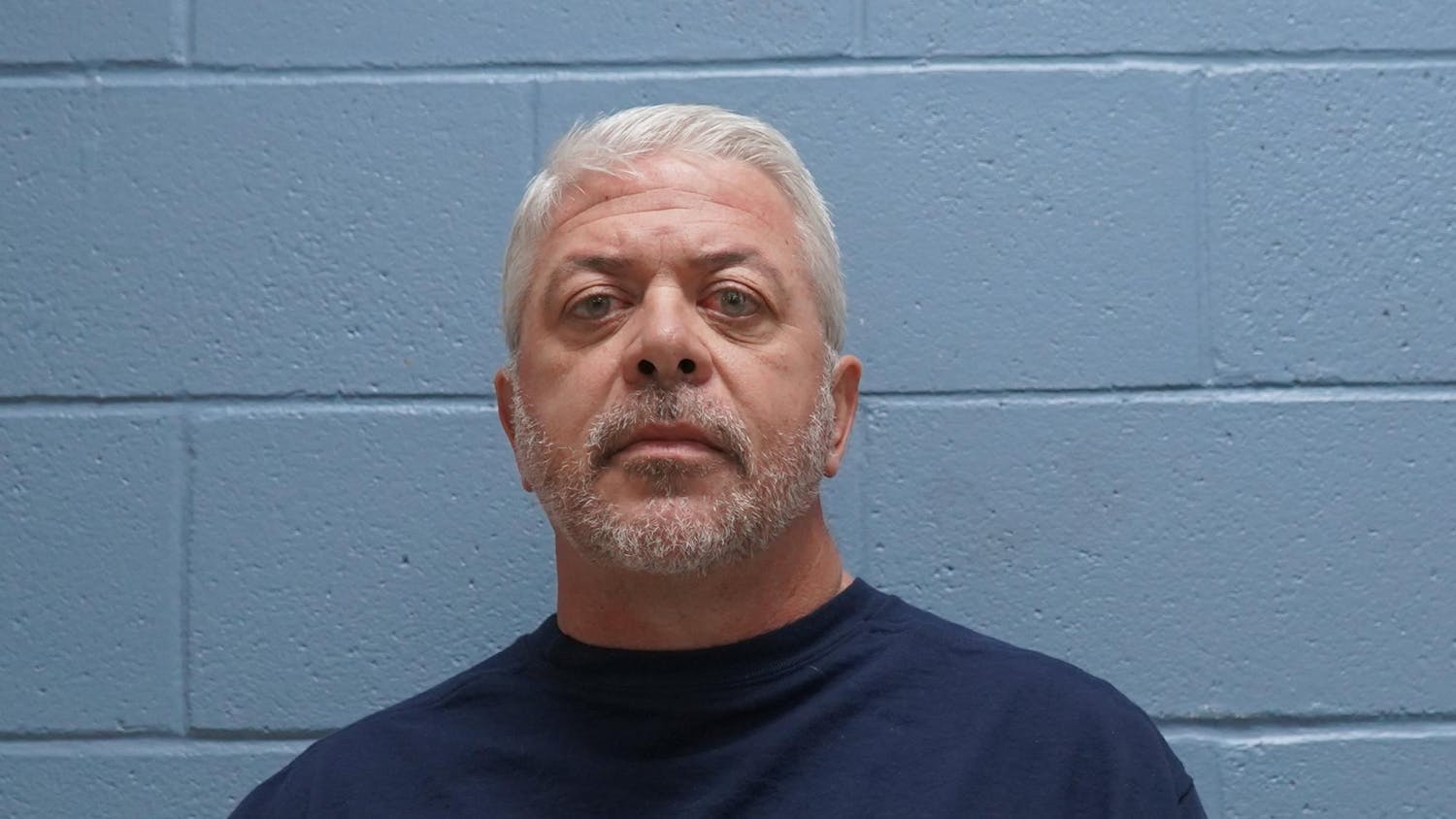The Alabama Possible Community Conversation will take place in Room 2326 of the Student Center on Feb. 22 at 8 p.m. and is one part of The Challenge, a two week campus global issues movement.
The Challenge features events divided into five categories: civic engagement, sustainability, education, public health and hunger and poverty.
The Conversation, led by the Committee of 19 and presented by Alabama Possible, emphasizes group discussion of hunger and poverty. Jordan Bailey, presenter for the Alabama Poverty Program campaign Alabama Possible, is the speaker.
However, the idea for the event is to get the community involved in a group discussion to raise awareness about hunger and poverty affecting Alabama.
"It's more like a community forum or a roundtable discussion," said Courtni Ward, senior in international business, president of the Committee of 19 and team leader for the hunger and poverty group. "The idea is to bring awareness to Auburn's campus, but not in a 'come to this event and get spirit points' kind of way ... it's about having a grassroot, student-led initiative."
The Committee of 19 is a campus organization, but it's reach extends far past the confines of Lee County.
Named for the 19 cents required to feed a child in a developing country daily, the organization was created after the UN's World Food Program asked Auburn University to create the first student-led War on
Hunger initiative in 2004, according to Ward.
Auburn then started the Universities Fighting World Hunger coalition with the Committee of 19 being the first chapter.
While developing countries around the world struggle with these issues, the presentation seeks to remind the community of the problems at home.
In 2010, for instance, the percent of people in Alabama living in poverty was 18.9 percent, third only to Mississippi and New Mexico, according to the U.S. Census Bureau.
As for hunger, people may not realize the scope of its impact.
"Hunger kills more people a year than HIV, AIDS, malaria and tuberculosis combined," Ward said.
Meredith Bragwell, sophomore in elementary education, believes Auburn's community would receive more assistance if local problems were emphasized.
"It's about making them aware of it in their own communities, because a lot of people aren't willing to help people (abroad) that they don't know," Bragwell said. "But if they realized within our own community there is starvation and hunger then they would be more likely to help."
Bragwell believes that the more people know about these issues in the community, the more they will think about hunger and poverty on an international level.
"We can use our own communities to raise awareness about it abroad, because when you can see it and realize that that's what's happening elsewhere it makes it more real for you," Bragwell said.
However, it's not enough to know about it, the knowledge must be put to use.
"We want to give them the tools to facilitate change and make a difference, not just locally, but on a global scale too," Ward said.
"We ... don't want 'going to meetings' involved, we want 'make a difference in somebody's life' involved."
Those attending are not required to know about these issues or even care about raising the quality of life for others. Everyone is welcome, according to Ward.
"We want a whole range of people, people who know about hunger, people who don't, people who want to make a difference, even people who are forced to be there it could maybe stir something in their hearts," Ward said. "We're just trying to get people to think in a different way."
Do you like this story? The Plainsman doesn't accept money from tuition or student fees, and we don't charge a subscription fee. But you can donate to support The Plainsman.




